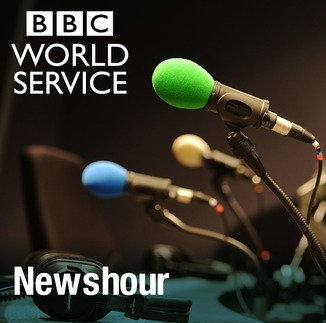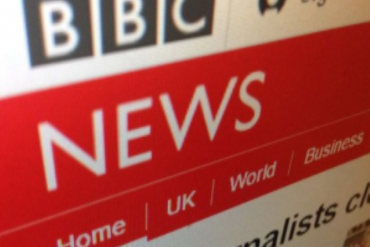Hot on the heels of its last jaunt into the genre of pointless polling, the BBC is about to repeat the exercise.
“The Today programme is asking listeners to come up with questions to put to tens of thousands of people in more than 60  countries around the world.
countries around the world.
The programme will submit two questions suggested by listeners to feature in the Gallup International poll.
A panel including the BBC’s Head of Political Research David Cowling and the Today programme’s Sarah Montague will then decide which questions will be put forward.”
On July 25th 2013 listeners to the BBC Radio 4 ‘Today’ programme learned in a conversation between presenter John Humphrys and David Cowling that a short-list of three questions has already been drawn up. The relevant section of the programme can be heard here from 1:45:07 for a limited period of time.
The three short-listed questions – two of which will be selected by BBC audiences to take part in the poll – are:
“Which country do you believe to be the greatest threat to world peace today?”
“Does religion generally play a positive role in your country?”
“If politicians were predominantly women, would the world be a better place?”
In the banter between Humphrys and Cowling, audiences learn that the latter’s favourite question is the first one.
DC: “Yes, I think it would be “Which country do you believe to be the greatest threat to world peace today?”. I suspect that – working with journalists – I know colleagues who would be quite excited by what might be coming out of…”
Humphrys interrupts:
“That’s certainly true, but isn’t it a bit narrow? Because there aren’t many…although you could say of course the United States because it’s the most powerful, or you could say China because it’s whatever, or you could say North Korea because it’s bonkers, or you know….
DC: “What I’d be interested in, John, is the variations. So for example there are going to be questions asked in Lebanon, in the West Bank and Gaza. I suspect different answers there if it was asked..”
JH: “Of course we’re asking this around the world – that’s the interesting thing.”
DC: “So it might be that more stories would come from it by just looking at the regional variations – if regional variations were there…”
JH: “However, our audiences must not be swayed by that: they have their shortlist, they will vote, you and Sarah will sort of adjudicate and then the question will be asked.”
So, with Cowling having already done his bit as far as trying to influence BBC audiences into selecting a specific question is concerned, all that remains is to place bets on the phrasing of upcoming BBC headlines to be written by those “quite excited” journalists – and it might not be outlandish to assume that there is a fairly strong possibility that the words “Israel” and “threat” will be in there somewhere.
Alternatively, BBC Watch readers might like to suggest some of their own ‘questions they would most like answered’ in the comments box below. How about “Why does the BBC fabricate non-existent stories by commissioning simplistic polls?” or “Is it high time that the BBC released the Balen Report?”
Related posts:
A BBC commissioned popularity contest





